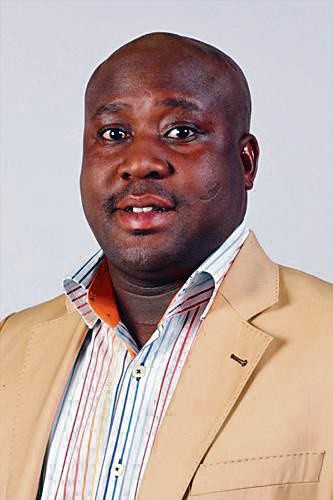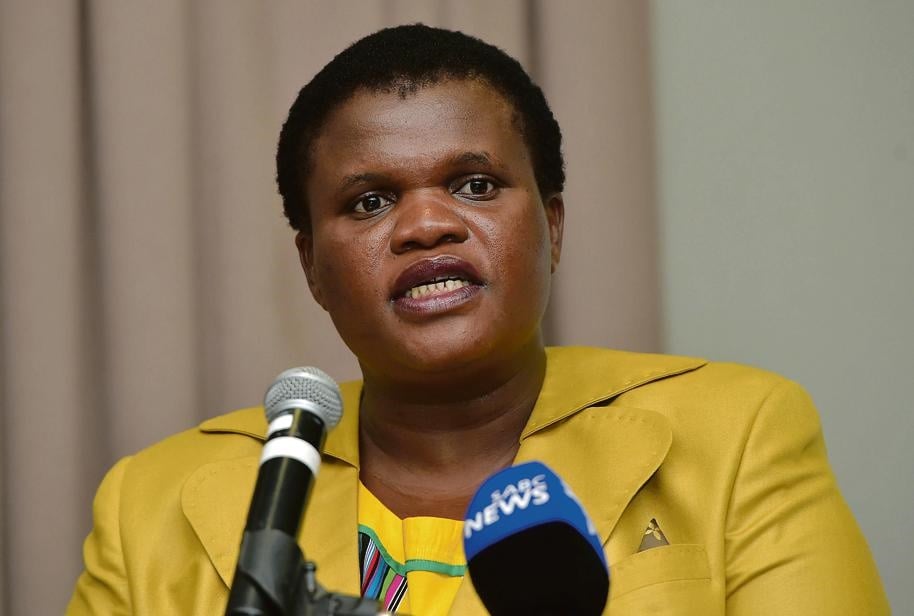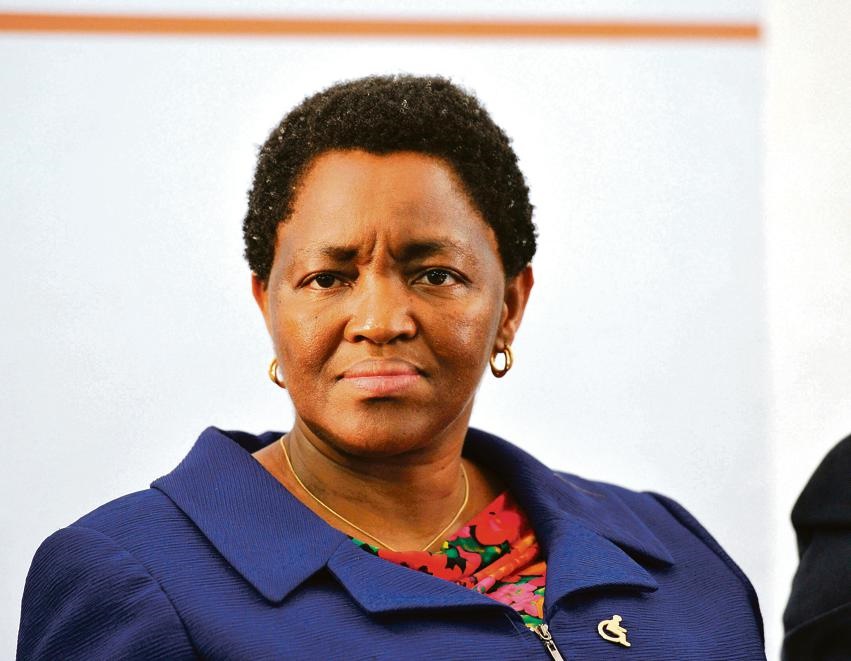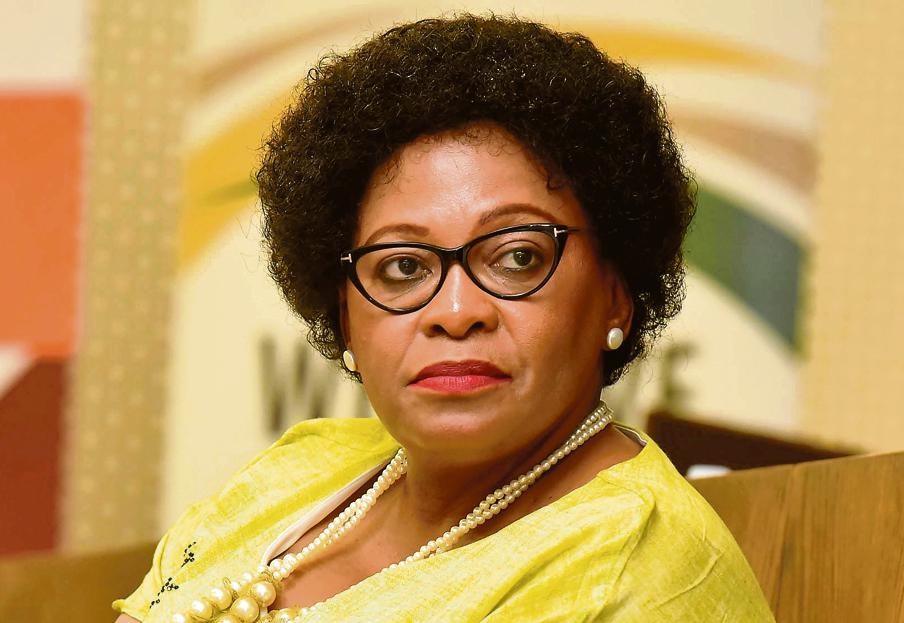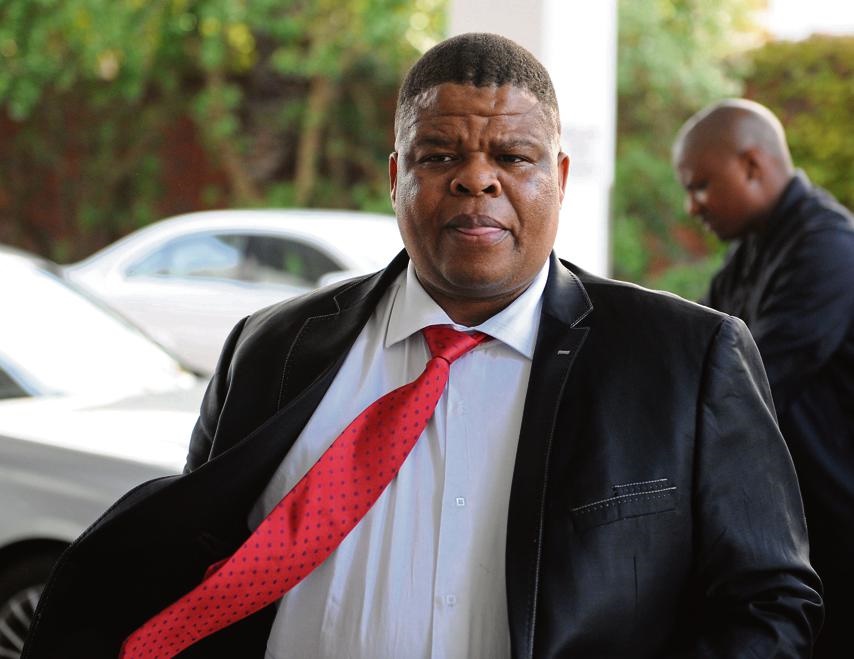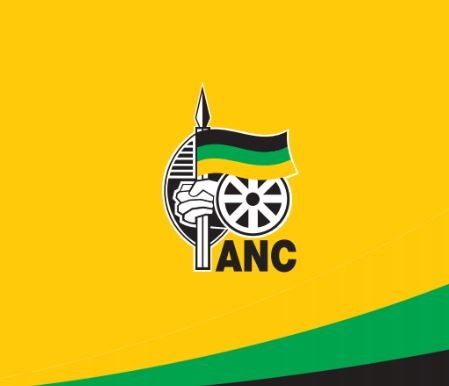
Why would anyone promise a clean government and then send morally inept individuals to implement that promise?
This question has to be raised by all when the ANC’s list of candidates for the May 8 election is examined. The list includes dishonourable and incompetent candidates such as Bongani Bongo, Faith Muthambi, Bathabile Dlamini, Nomvula Mokonyane and David Mahlobo. These people have been involved either in bribery, maladministration or in breach of their oaths of office. It is these individuals, who are evidently misfits for public office, who the ANC intends to entrust with the responsibility of recreating our public institutions into efficient and ethical bodies – to herald a new dawn.
Even more puzzling about the ANC’s list of the “inglorious ones” is that it is an outcome of a lengthy, deliberate and meticulous process. Party members, supposedly mindful of their leaders’ call to spearhead a rebirth of the party and state institutions, carefully chose these candidates to be the bearers of their mandate in Parliament. The list was then sent to the national office to verify if these candidates truly epitomise the party’s vision of renewal. The vetting committee, which I guess includes people of high moral standing – in keeping with the party’s mission to lead us into a new dawn – has answered in the affirmative.
This list is inconsistent with what the ANC promises. However, it is not an anomaly. The list is a logical manifestation of the nature of the party. Political parties are generally guided by a normative objective, while they also dispense patronage. This is a function of mass-based parties, especially in popular electoral democracies. Parties need cadres for mobilisational work, especially during elections, and it is not unusual for those cadres to be rewarded. Rewards are not the end goal, but are simply incentives to enable the party to secure electoral victory.
What has happened with the ANC is that material inducements that are ordinarily received in return for party activism, have overridden the party’s normative objective. There is little emphasis on the character of the cadre as long as he or she delivers supporters for leaders to be elected. It is about numbers, not character. This is largely a result of internal contestations and a weakening of central authority. Contestations for positions have always been settled through numbers.
The ANC previously valued the character of its cadres. They had to personify the values of the organisation. This is what the party called “revolutionary morality”, which it explained in its document, Through the Eye of the Needle. National intervention and exemplary behaviour encouraged general compliance with ethical standards. It was not sufficient that a leader was popular. Character was the ultimate determinant of eligibility for that position. That is why Thabo Mbeki even took to dismissing popular figures in the ANC as “populists”. This disdain for “popular figures” hid fears that national leaders could lose influence over who got elected into leadership positions. Luthuli House did not always succeed, but there was a general disapproval of wayward behaviour.
Read: How the ANC’s top 100 list was a bit middle finger to the country
The 2007 ANC Polokwane conference displaced character with popularity. The catalyst was the contest between Thabo Mbeki and Jacob Zuma. Zuma’s presidency promised to open up opportunities for livelihoods to those who had been nudged by Mbeki. Not all of Zuma’s supporters were blind to his character flaws, but they had become career politicians with dim prospects of making a living anywhere else.
Inaugurated on the promise of providing subsistence, the Zuma presidency went on to dispense without any considerations for moral character. This was also Zuma’s way of shoring up his presidency. He knew that most considered him a misfit for the highest office and this was something that always grated him. But Zuma realised that they would never oust him as long as they were content. And so he allowed them to gorge on state resources in return for loyalty. The result was a reconfiguration of the ANC into a patronage-based party.
Of course I’m not saying that corruption was absent before Zuma’s rise to power. The ANC itself warned against this vice as early as 1997. Very few people in need are able to resist a short cut to relieve financial pressures. Vusi Pikoli says in his book, The Second Initiation, that returnees did not have pensions and faced enormous demands from extended family members to provide for them. Remaining ethical in the face of endless opportunities to solve one’s financial problems through improper means is a tough personal battle. The extent to which individuals were able to resist such temptations was partly aided by the ethical tone set by national leaders.
Under Zuma malfeasance became the norm. That is why, when told to step down to protect the image of the party, malfeasant leaders don’t deny wrongdoing but ask angrily: Nguban’ onga tyanga [Who has not eaten]?
Cyril Ramaphosa, therefore, could not have changed the ANC in just more than a year.
Clamping down on corruption actually threatened his presidency.
And, I don’t mean tackling the highly publicised cases of corruption that involve the Gupta family. I’m referring to a wholesale uprooting of systemic corruptionthat is ingrained within the party and state.
Uprooting corruption requires acceptance of the attendant risk that the entire party machinery might rise-up against Ramaphosa.
This raises a strong possibility of him being ousted. That’s not the risk Ramaphosa is willing to take, nor is the rest of the ANC leadership keen on doing so. This is the reason the ANC has not acted on its repeated promise to do lifestyle audits on party officials.
Read: ‘You want us to remove people because of allegations?’ – ANC reveals controversial list
The inclusion of inglorious individuals on the list, therefore, is typical of the party.
This may not change anytime soon. There is certainly pressure to reform the ANC, but that may weaken after the election. Those who have spearheaded change from Luthuli House, such as Senzo Mchunu and Zizi Kodwa, are headed for Parliament. This is likely to leave Ace Magashule, who is the commander of the antireform forces, relatively unchallenged to consolidate his mobilisation against Ramaphosa.
Government positions come with prestige and good life. But, the future of Ramaphosa’s reform agenda lies at Luthuli House and will be decided by ANC branches. If Ramaphosa wants to complete his term, after re-election, he has to focus on the party to reshape its branches to his own image.
- Ndletyana is professor of politics at the University of Johannesburg




 Publications
Publications
 Partners
Partners




